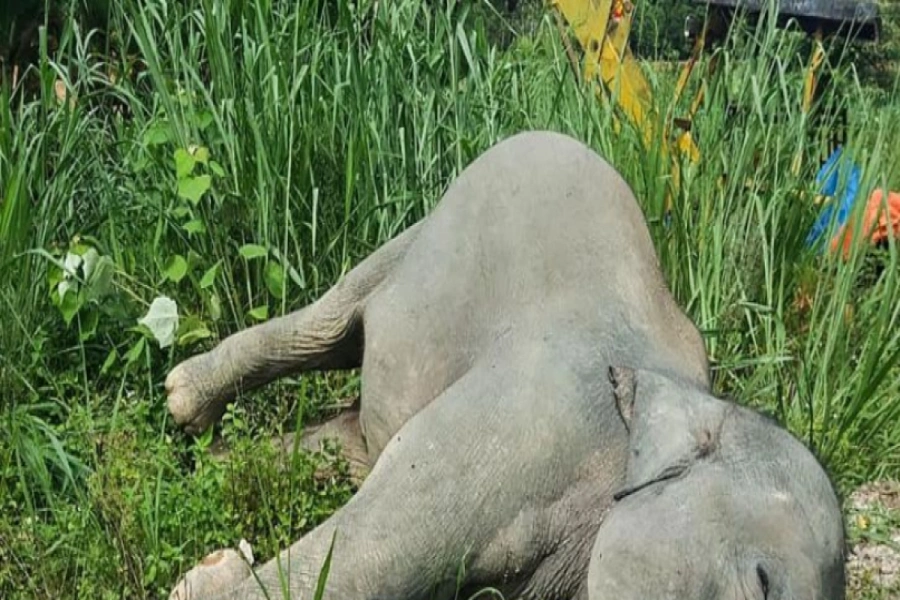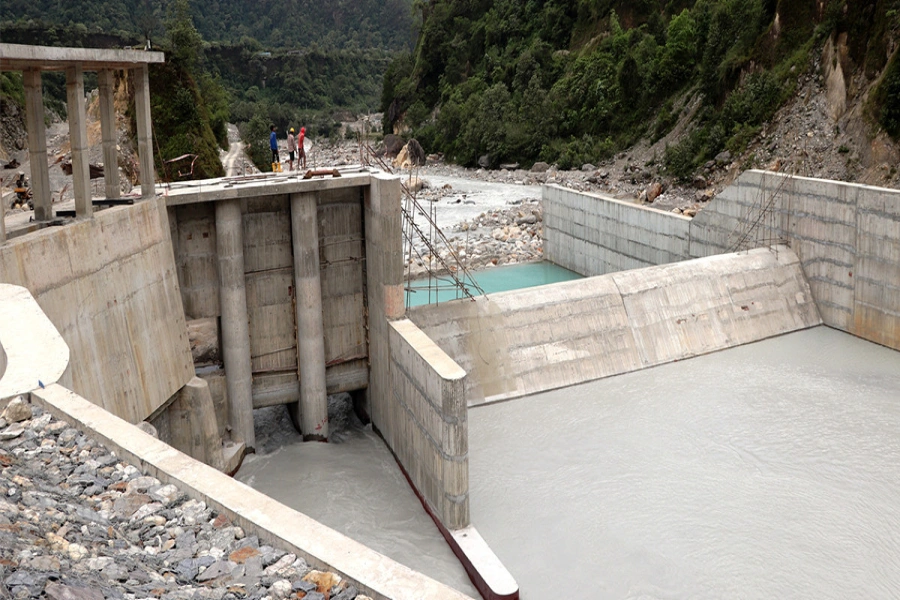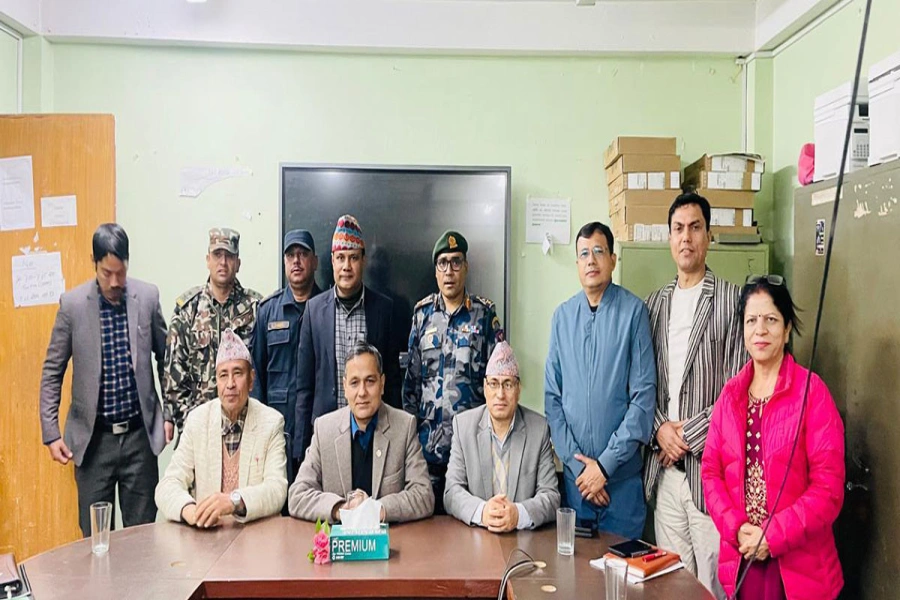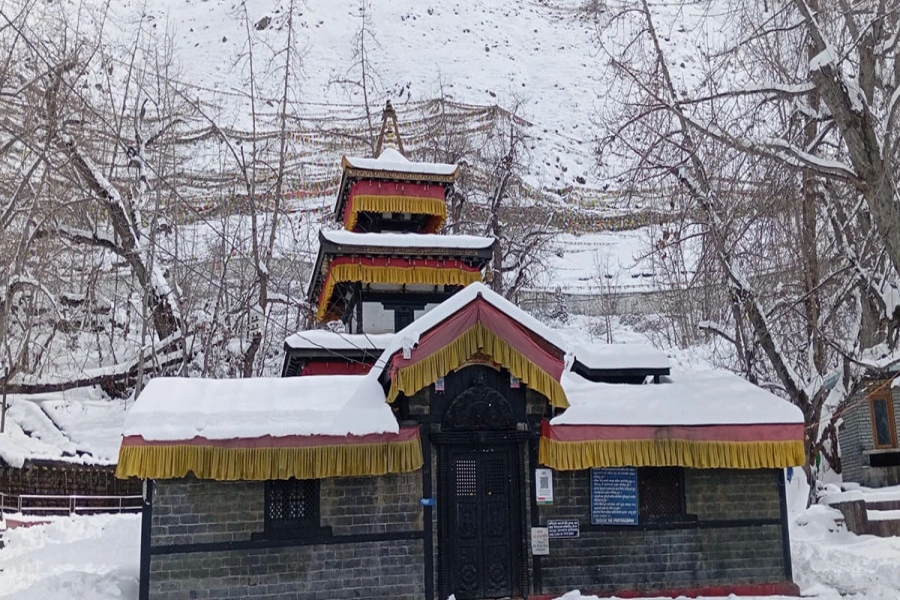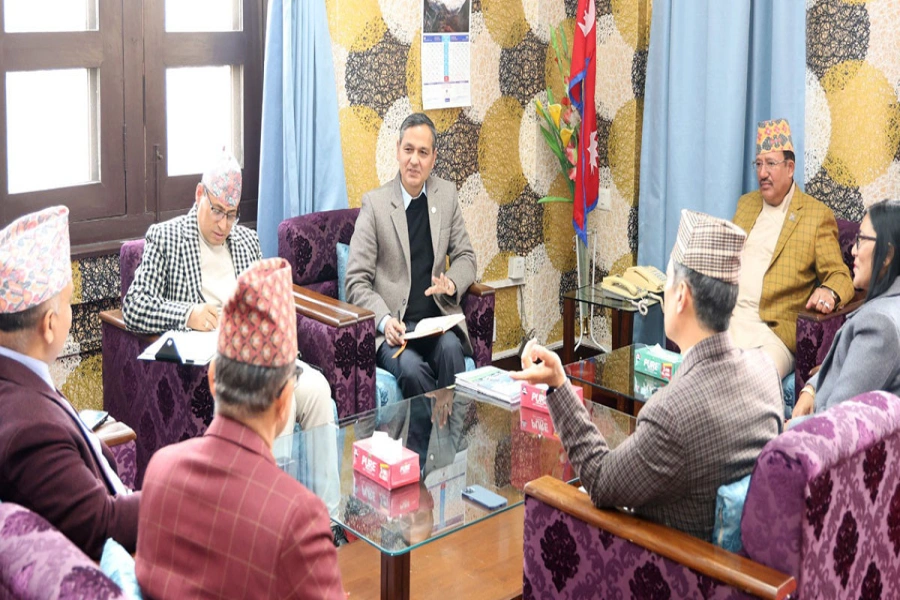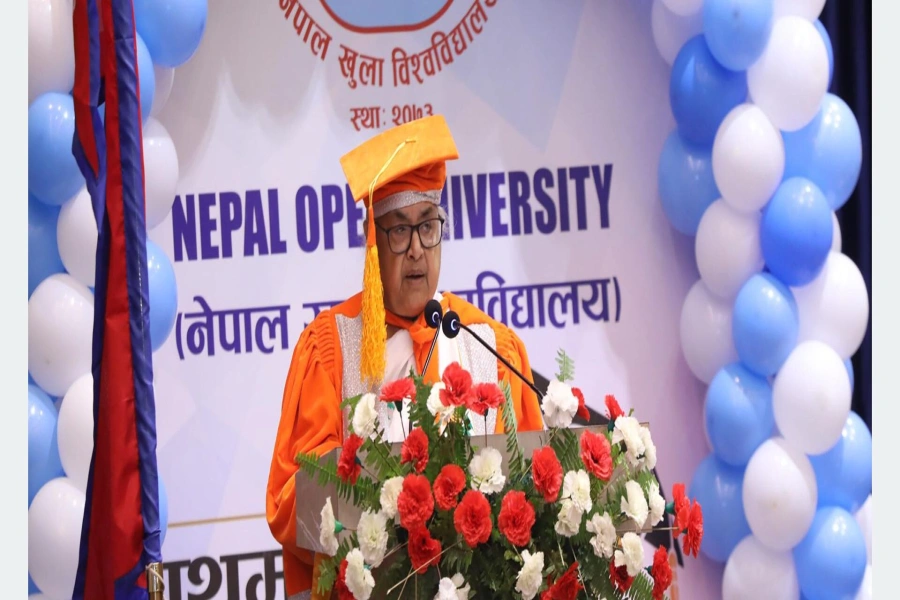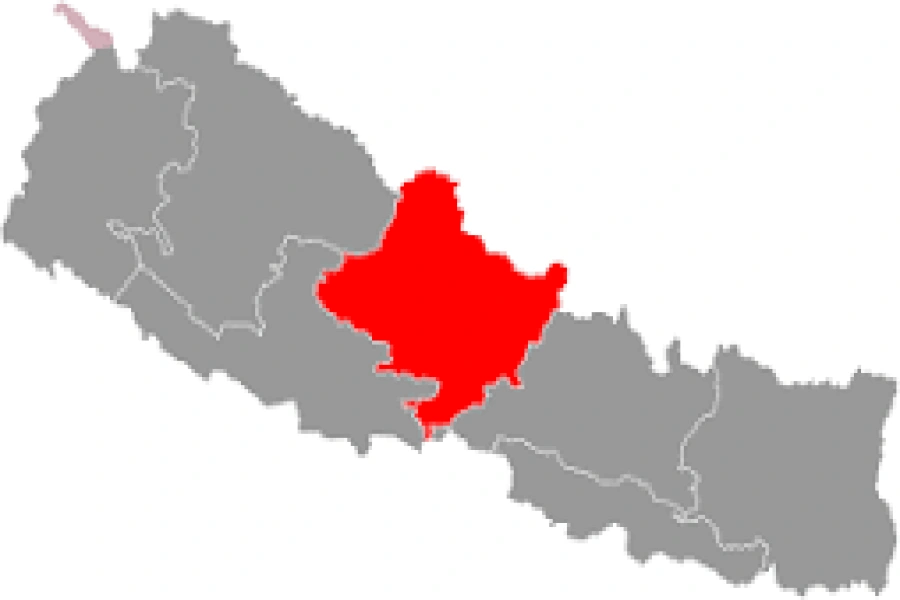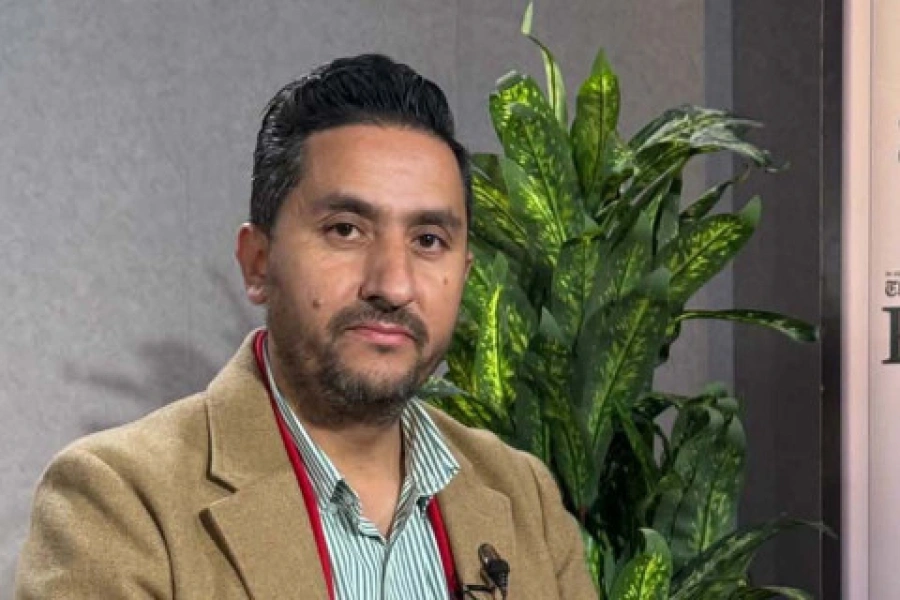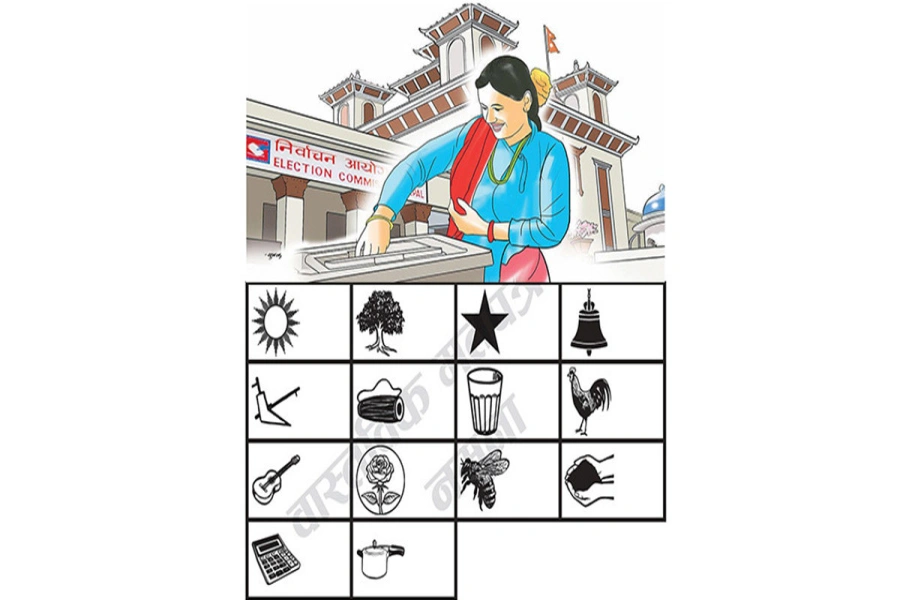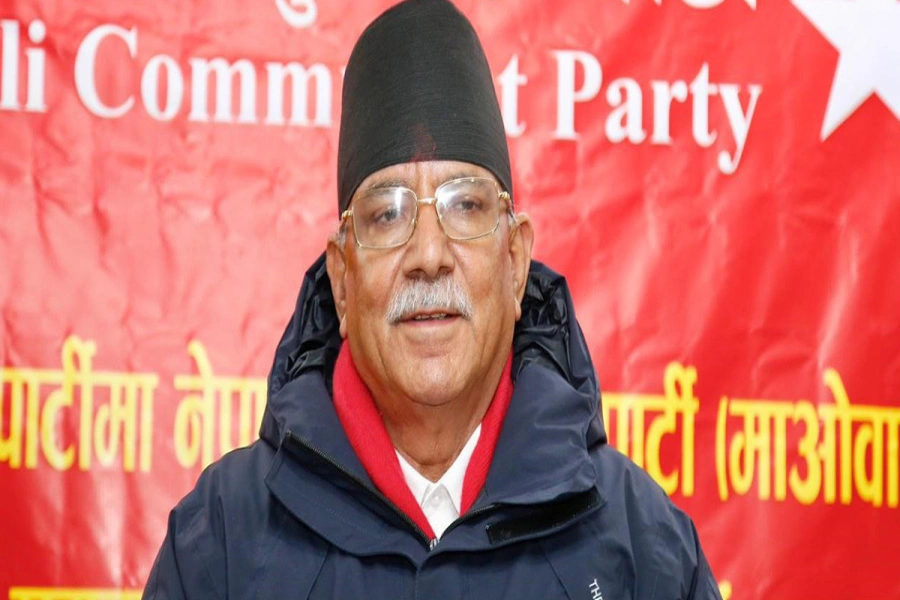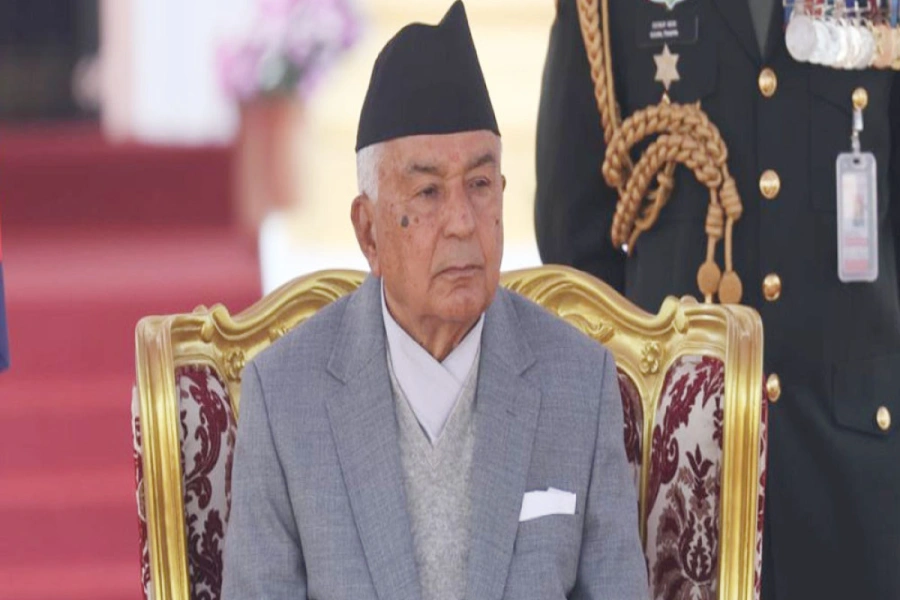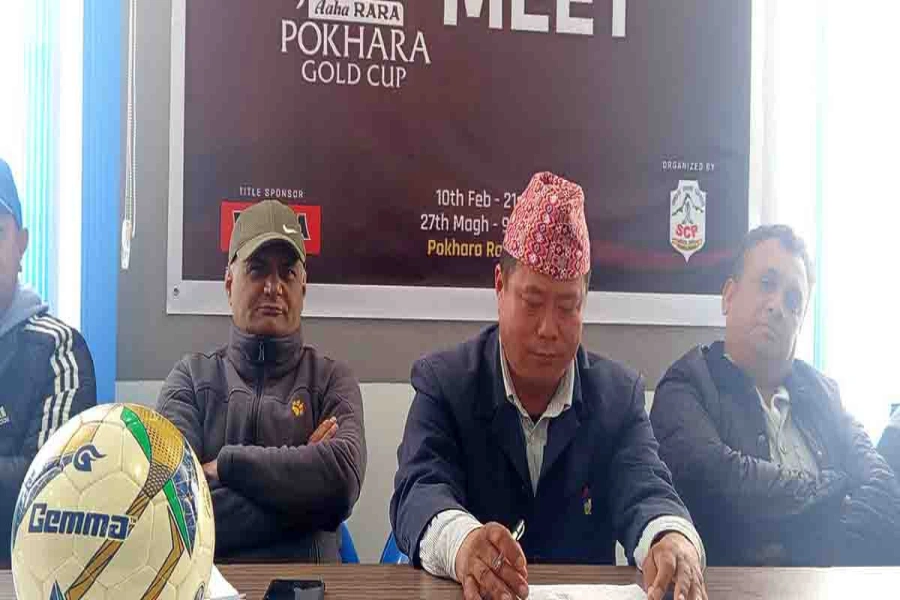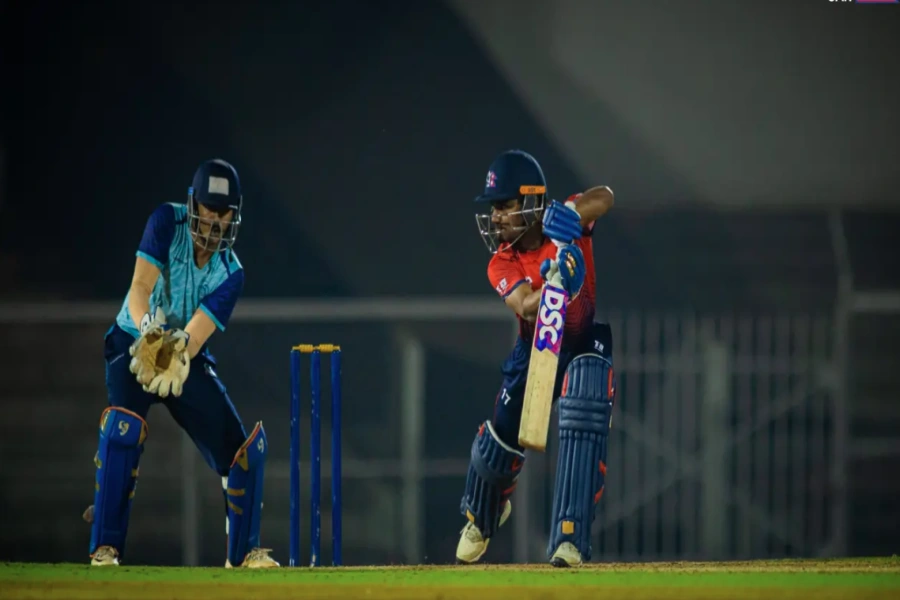The state mainly has three organs: the executive, the legislative, and the judiciary. The third organ or branch - the judiciary - holds a significant position. Courts or judicial bodies exercise judicial powers. The principle of separation of powers emphasizes that judicial authority must be independent and distinct from the executive and legislative branches.
Nepal’s current constitution, in its preamble, commits to an independent, impartial, and competent judiciary and the rule of law. Part 11 of the constitution includes provisions regarding the judiciary. Article 126 guarantees that courts and judicial bodies will exercise judicial powers in Nepal as per the constitution, laws, and accepted principles of justice.
Judicial Structure of Nepal
Article 127 of the constitution establishes a three-tier court system comprising the Supreme Court, high courts, and district courts. Article 127(2) also allows the formation of other bodies at the local level, such as judicial bodies or alternative dispute resolution mechanisms, as needed by law, for case resolution.
1.1 Supreme Court
Article 128 of the Constitution provides for establishing the Supreme Court. According to Article 128(1), there is only one Supreme Court in Nepal. The Supreme Court is the court of record, and, as per Article 128(2), all courts and judicial bodies except those explicitly stated otherwise in the constitution fall under the jurisdiction of the Supreme Court. The Supreme Court is also granted the final authority to interpret the constitution and laws.
The Supreme Court can inspect, supervise, and direct other courts, specialized courts, or judicial bodies. Article 129 allows for a Chief Justice and up to 20 other justices in the Supreme Court, with appointments made by the president based on recommendations from the Constitutional Council and the Judicial Council.
Article 133 further outlines the Supreme Court’s powers and functions. Under Article 137, a separate Constitutional Bench is provided to handle matters like disputes over the constitutionality of laws, between provinces, and election-related disputes. The court exercises extraordinary powers, including judicial review, and can issue writs such as habeas corpus, mandamus, prohibition, certiorari, and quo warranto.
1.2 High Courts
According to Article 139, each province in Nepal has a high court. Each high court comprises a chief judge and the necessary number of other judges, as stipulated by the federal law. High courts hold broader authority than the previous appellate courts. Presently, there are seven high courts with nine locations and two temporary benches across the country, making up 18 structures within the high court system.
Article 144 and Section 8 of the Judicial Administration Act, 2073 grant the high courts powers similar to those of the Supreme Court regarding issuing writs and hearing cases.
ICC T20 World Cup Global Qualifiers: Ireland trounces Thailand

1.3 District Courts
District courts are the first-instance courts in Nepal’s judicial structure. Article 148 of the constitution outlines their formation and authority. Every district has one district court, and judicial bodies formed at the local level by provincial laws also fall under the supervision of the district courts. District courts can inspect and direct these bodies and hear appeals.
Article 151 and Section 7 of the Judicial Administration Act outline the powers of district courts. They can hear habeas corpus applications, issue injunctions, and review decisions made by quasi-judicial or local judicial bodies.
1.4 Special Courts and Tribunals
Article 152 of the constitution allows for the establishment of specialized courts and tribunals to handle specific types of cases as the federal law requires. Special courts, however, cannot be created for individual cases. Specialized courts and tribunals in Nepal include the Special Court, Administrative Court, Labor Court, Debt Recovery Tribunal, Revenue Tribunal, and Foreign Employment Tribunal.
The hierarchical structure of courts allows for error correction and review, ensuring that justice can be corrected and improved at higher levels. This also helps maintain public trust in the judicial process and prevents arbitrary or biased decisions.
Role of the Judiciary in Economic and Development Activities
As noted, courts at all three levels can issue injunctions or similar orders in response to complaints about individual or community rights violations or more extensive public interests. Often, such complaints seek interim orders to halt ongoing development activities, potentially causing delays in project completion.
While the judiciary is sometimes criticized for hindering development due to delays in case resolutions, courts have also played a positive role in facilitating development by resolving disputes between communities, local governments, and provinces. Court decisions have allowed many stalled development projects to move forward.
Moreover, in cases where proposed development projects might significantly impact public health or the environment, court rulings have prevented irreparable harm and encouraged the adoption of mitigation measures.
3. Problems and Solutions
3.1 Problems
No institution is free from problems, and Nepal's judiciary is no exception. Some of the main issues facing the judiciary in Nepal include:
Though the number of high courts was determined to align with the number of provinces, establishing benches at 18 locations, including temporary benches, seems politically motivated rather than based on need.
The issue of access to justice is frequently raised, yet courts are often located far from rural populations, making it difficult for citizens to access judicial services. This geographical inaccessibility contributes to delays in filing cases and hinders timely justice.
There is a growing backlog of cases at all court levels. The inability to resolve cases swiftly has contributed to public distrust in the judiciary. Delays in justice are often perceived as denials of justice.
Political interference in judicial appointments and promotions has raised concerns about the judiciary's independence. This compromises the impartiality of court decisions and weakens public trust.
Judicial corruption is another significant problem. The public perception of corruption within the judiciary, including bribery and favoritism, further undermines trust in the institution.
3.2 Solutions
To address these issues and improve the efficiency and reliability of Nepal’s judicial system, the following steps are recommended:
Decentralization of Courts: More decentralized courts and mobile court services in remote areas can help increase access to justice, particularly for marginalized communities. Digital platforms and online case management systems should also be developed to make filing cases and accessing judicial services easier.
Judicial Reform: The Judicial Council must prioritize merit-based appointments and promotions to select the most qualified and impartial judges. Transparency in the appointment process can reduce political interference and promote judicial independence.
Reducing Case Backlog: Courts should adopt modern case management systems and employ alternative dispute resolution (ADR) mechanisms to reduce the backlog of cases. ADR methods such as mediation and arbitration can resolve disputes more quickly, reducing the courts' burden.
Anti-Corruption Measures: To address issues of bribery and favoritism, stronger anti-corruption measures must be enforced within the judiciary. Public reporting systems and independent oversight bodies can help monitor judicial activities and hold corrupt officials accountable.
Public Awareness and Legal Education: Educating the public about their rights and the legal processes can enhance access to justice. Legal aid services should be expanded to support vulnerable groups and ensure they can navigate the judicial system effectively.
Timely Judicial Review for Development Projects: While the judiciary plays a crucial role in safeguarding rights and ensuring the legality of development projects, efforts should be made to expedite judicial reviews in such cases. Streamlining the process without compromising fairness can reduce delays in essential development initiatives.
Specialized Courts for Complex Cases: Establishing more specialized courts and tribunals for complex development, environment and economic cases can enhance the judiciary's efficiency. These courts should be well-equipped with experts in relevant fields to ensure swift and knowledgeable rulings.
Strategic Judicial Districts: The judiciary should create own judicial districts on the basis of demographic and geographical needs, not on the basis of political maps. Similarly, the number of high courts and their headquarters should also be determined based on the people’s needs. This would ensure that courts are well-positioned to enhance access to justice, support regional development goals, streamline legal processes, and address local concerns efficiently.
4. Conclusion
Nepal's justice system often operates behind the scenes, but it is undeniably a hidden player in the nation's economic progress. Though less visible, its influence is critical in creating the legal environment necessary for economic stability and growth. The judiciary supports key sectors that fuel the economy by quietly resolving disputes, protecting investments, and maintaining the rule of law. However, ongoing reforms are essential to unlock its full potential as an enabler of development. The key to Nepal’s prosperity may lie in the halls of justice, waiting to be fully realized.




